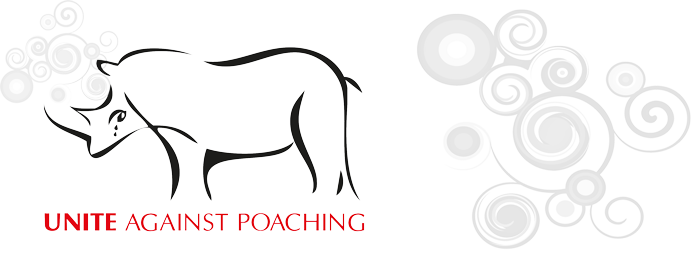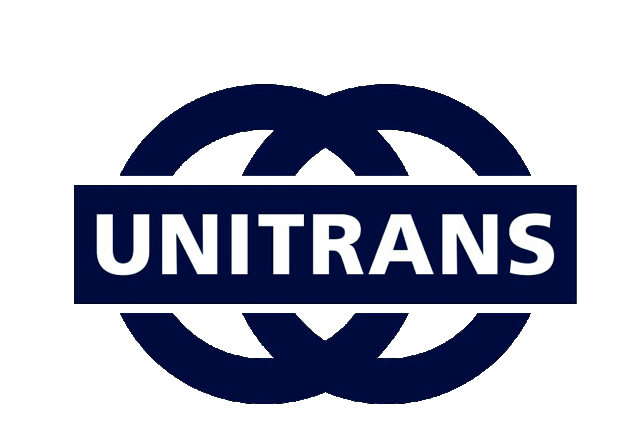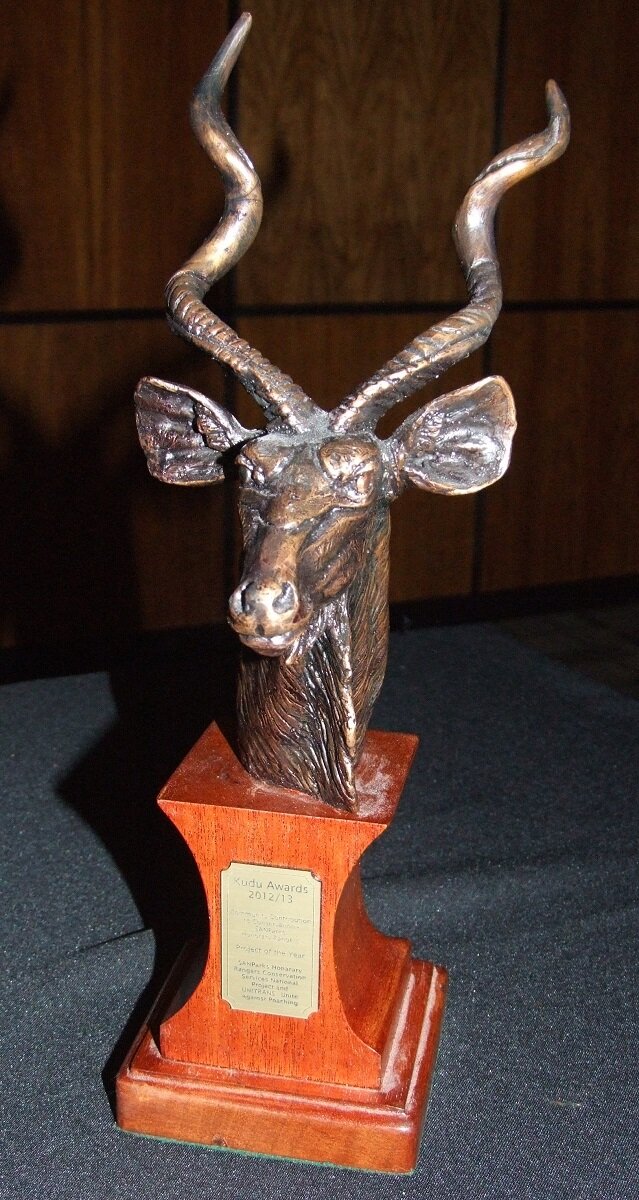We could learn from the elders of our time...
Apr 25 2013- Details
-
Chief Seattle’s Wilderness Speech
The Native American Chief Seattle (Si'ahl) was born in 1780 and became a much respected leader of the Duwamish (Dkhw’Duw’Absh) tribe. He was, without doubt, a prominent figure among his people and pursued a path of accommodation to European settlers.
His body was returned to the Earth on 7 June 1866, but the Chief’s spirit still survives in his documented speech arguing in favour of ecological responsibility and the respect of Native American land rights.
In 1854, the "Great White Chief"/ President of the United States in Washington made a purchase offer for a large area of Indian land and promised a `reservation' for the Indian people. Chief Seattle's reply has been described as one of the most beautiful and profound statement on the environment that has ever been made.
"How can you buy or sell the sky, the warmth of the land? The idea is strange to us. If we do not own the freshness of the air and sparkle of the water, how can you buy them?
Rhino Killing fields...
Nov 20 2012- Details
-
What can you do about it?
With the total onslaught on the rhinos in South African nature reserves at such a frenetic pace (559), one starts to wonder what, if anything can be done to stem this frenzy of killing. Conservationist, nature lovers, rhino activists and the man in the street seem to be powerless to do anything to make a difference, or can they turn the tide?
Unite against Poaching is one organisation that believes intensely that they CAN and WILL make a difference against rhino poaching. Established by Unitrans Volkswagen, since September last year, they have pledged over R 5,5 million towards fighting rhino poaching in our National Parks.
Ah, I hear you think, but pledged and spent are not the same thing at all. Well, rest assured, we have managed to spend the majority of that money very effectively to help fight poaching and the balance of the funds has already been earmarked for specific projects. Not one cent has been spent on administration. We have managed to channel the funds resourcefully and to ensure maximum benefit from the application of the capital. Full details on how the funds have been spent are available on the website.
The majority of the onslaught against our rhinos is happening in the Kruger National Park, so this is where we have focussed the bulk of the capital. Field rangers have been equipped to operate covertly in the bush and specialised training is being applied to provide the necessary skills to the field rangers to protect our rhinos, but also to be effective when interacting with poachers to facilitate successful convictions. Over R 4 million has been spent or committed to provide the equipment and skills training to the field rangers within Kruger and other rhino hosting National Parks. One shudders to think what the poaching figures would be, had we not invested these funds.
One of the most exciting projects, that is certainly going to have a huge impact in the war on poaching, is the Tracker Hound Unit, which was established in the Kruger National Park this year. These canine warriors are being trained to hone in on human tracking while ignoring any animal scents they encounter. Their superior tracking ability will enable field rangers to follow poachers at a much faster rate than is possible using human tracking and the deployment of these specialists will soon be a reality. We are very proud to be the sponsors of the Unitrans Volkswagen Tracker Hound Project and are looking forward to their first successes in the very near future.
So how can you get involved? The Unite against Poaching project allows members of the public to actively participate in helping stop the onslaught against our rhinos. Each time a vehicle is sold (both new and pre-owned) by a Unitrans Volkswagen dealer, funds are pledged to the Unite against Poaching trust fund. The more vehicles sold the more funds are pledged. So next time you think of purchasing a new vehicle, think Unitrans Volkswagen. This is a double delight, not only will you be getting a fantastic deal and service, but you will directly be helping to save the rhinos in our National Parks.
Make sure your vehicle is sporting a Unite against Poaching sticker and share the information with your friends, friends and colleagues... Spread the word about anti-rhino poaching help create awareness. Don t turn your back on our precious rhinos!!! UNITE AGAINST POACHING!!
Jozi 2 Kozi
Oct 03 2012- Details
-
Inaugural Ride - Highlights
Start: 25th August - Nigel Boeresaal Destination: Kosi Bay Maputaland, Northern KZN
Distance: 748 km as per GPS Time frame: 7 days
Riders from as far afield as Colorado USA and Cape Town arrived in Nigel, Gauteng, heralded by a Zulu “imbongi” or praise-singer, who cautioned the riders of the challenges that lay ahead on the journey to their ultimate destination: Kosi Bay on the warm Indian Ocean bordering Mozambique.
A support team in an VW Amarok 4motion and a VW Combi provided water points, sweep, mechanics and logistic support. The VW Combi was generously supplied by Brent Wilkins of Strijdom Park VW.
After a night at Grootdraai Dam campsite, and a fitting boerwors and pap breakfast, riders were loaded onto ski-boats and ferried across the dam, wading in the, icy, muddy waters to get to the shore. Corrugated gravel roads led to the isolated little town of Amersfoort. Passing through this century-old “dorpie”, riders encountered the first of the so-called “undulating hills”(!), and were taxed with a ferocious headwind.
This continued the next day with rocket-fast descents and heart-attack ascents, including Bitch Hill. A prize of a weekend in Mozambique was on offer for anyone who rode up. The men in the group had shattered egos as Bitch Hill was conquered by female rider, Nataly. Bitch Hill was then referred to as “Nataly’s Hill” (with the deepest respect to the skilled Nataly!). The only other person to conquer bitch hill was support driver Gustav, although it must be said that this was only due to the trusty VW Amarok’s low range!
Rocky hairpin descents down Puffadder pass had riders screaming in joy and terror, arriving finally at the tiny German hamlet of Luneburg, complete with German “Oompah Brass Band”, Eisbein and Jagermeister. Some riders stayed up until the early hours singing German war ballads with the farmers (and paid for it dearly the next day in the blistering heat and steep inclines).
By now, riders were feeling the strain of the long days in the saddle as they tackled forestry tracks, uMkhunyane Game Reserve, and dusty corrugations to Klipwal Goldmine and the lightning-fast switchback descent into the Pongola River valley.
Crashes were inevitable with the loose gravel surface making turns treacherous, and the paramedic on his BMW motorcycle was kept busy. Armed game scouts from Ithala escorted us across the Pongola River, amidst nervous comments about the presence of unseen crocodiles, rhino and elephants. A group of rhinos and mother and baby rhino watched as we rode by, a special sight as we were supporting the noble anti rhino poaching cause. By now the riders were starting to drop out and many a rider climbed aboard the VW Kombi with great relief.
Seriously steep climbs, long winding descents and bumpy cattle paths were the order of the day as riders entered rural Zululand, with cattle, and goats dodging the speeding riders. Stops at Spaza shops for ice-cold Coke inspired incredulous questions from the locals: “You rode from eJozi? Haaibo! Why don’t you catch a taxi? Looks there is a VW Kombi just behind you.” A few injured riders took this wise advice and boarded the kombi to the great gathering at the end. Sundown found us in a gathering of several hundred people at Mr Mafuleka’s kraal, with much jubilation, singing, dancing, and ceremonial wildebeest served for supper.
Dawn broke with hundreds of cockerels crowing across the valley, on our way to the privately-owned Zululand Rhino Reserve, where we encountered lots of plains game but luckily (or maybe not!) no lions, elephant, buffalo, rhino or leopard. The Zululand Rhino Reserve is the most successful Black Rhino breeding facility in Africa, and to give some support the Jozi2Kozi and Stridom Park VW donated R 5000 towards this continuing work with rhino.
At Mkuze taxi rank we jumped onto a smoke-belching bus, loading our bicycles onto the roof, to navigate the extremely narrow pass up to Ubombo town. At the top of the Lebombo mountains, we off-loaded our bikes and raced down into Maputaland and its sandy roads, heading for Lake Sibaya.
Jeep tracks, single tracks and very loose sandy paths tested the riders’ skills and sense of humour! Supper under a full moon at the edge of a pristine lake was a great end to a tiring day.
The last day was the shortest (yeah, but we all know Murphy!) - 83km of flat roads interspersed with sections of loose sand. Well not quite…. There was a lot more loose sand than expected, so a great deal of time was spent falling off.


Just after KwaNganase, there was a little sting in the tail for the riders who thought they had finished with sand: to get to the magnificent viewpoint overlooking the century-old fish traps, estuary and Indian Ocean, there was a very short section of thick sand which put the cherry on top of a wonderfully challenging journey through our country.
Kosi Bay Mouth, forming part of the isiMangaliso World Heritage Site, was our final end point. What an achievement for the riders. Some had never ridden more than 50 kms before, some had bought their mountain bikes 2 weeks before, some did it on single speeds, some bonded deeply with their partners, some bonded less deeply with their partners!
Thanks to VW the Amarok and the Kombi performed faultlessly and provided fantastic support to the riders on the route everyday, anti rhino poaching and a comfortable ride home for tired and stiff legs!
All in all, a huge success as a personal achievement for the riders and as an event.
Thank you Brent and VW Strijdom Park!
Putting our faith in the youth of South Africa to help save the rhinos!!
Sep 26 2012- Details
-
The onslaught of our rhinos continues unabated and with an apparent renewed fervour…. Today its 410 and the number seem to be on an exponential climb at present. How do we tackle this effectively?
I have in the past 2 weeks had the opportunity to spend some time with various groups of young people and I must say it has been so invigorating. One becomes discouraged with the numbers of rhino poaching’s seemingly out of control and it is difficult to find a positive in this war against poaching.
Spending an afternoon with the Cricket teams from the Johannesburg University (Soweto Campus) has been just such an injection of renewed energy to fight the war. Being faced with 25 bright eyed, intelligent, energetic young people who were well versed in the various challenges facing the rhino world was so encouraging. The youth know they will ultimately be the responsible custodians of our rhino heritage and they are motivated and ready to tackle the challenge. Their knowledge and enthusiasm was so infectious and they were thinking out of the box and not along the standard channels. Their suggestions and arguments were logical and left me confident that they were serious about making this happen. So uplifting!
On the other side of the spectrum, I was also invited to chat to some nursery school children and view the artwork they had produced in response to discussions in class about rhino poaching. Wow!!! Here were children younger than 5 years old who knew all about rhino poaching and the baddies and how the rangers were helping to stop the poaching. Their simplistic wish to save the rhino and that the rhino horn was not medicine was mind blowing.
Enter 2 young high school ladies who are driven to raise funds to save the rhinos by fundraising in their school and associated communities and friends. Their glowing faces are a testimony to their fervour and passion. How exciting to want to make a difference when the adults around you are throwing up their hands in despair. Their efforts and motivation to get involved is another testament to how our young people are not giving up, so why should we?
We need to use whatever resources we have to ensure the safety of the rhino species for our younger generation, because I have no doubt they are ready willing and able to help keep our rhinos safe for future generations!!! Their passion and enthusiasm needs to be taken up by the rest of us to preserve the natural heritage. Let the youth of South Africa lead the way, enthusiastically, with bright eyes, with innovation and passion and let’s make sure our rhinos get to live another day!!!
Thank you to those special young people and you are an inspiration to us to remain focussed on the objective of continuing to Unite against Poaching!!! We will not give up while we have your passion to inspire us….
How does buying a car help save the rhinos?
Jul 09 2012- Details
-
When Unitrans Volkswagen & Audi conceived the idea of making a difference in the war against Rhino poaching, they may not have been aware of how significant this decision would be.
The Unite against Poaching trust was established and the aim is to raise funds, increase awareness and make a difference in the war against poaching. The initiative would allow the man in the street to contribute towards effective counter poaching when making his next purchase of a vehicle. Each time a vehicle is sold within the Unitrans VW & Audi group R500 was pledged towards securing our rhinos for future generations. To date an inspirational R 4.470 million has been generated!!!
These funds have been deployed rapidly and with incredible effectiveness in the field. One of the major requirements was to ensure that the field rangers, who come face to face in the bush with super equipped and desperate rhino poachers, can hold their own in this dangerous and treacherous battle to secure our rhinos for generations to come. To be successful, the field rangers need basic survival equipment and refined and well-honed skills. The Unite against Poaching trust fund has been pivotal in providing precisely these to the field rangers within the various SANParks. This has been achieved with the co-operation and support of the SANParks Honorary Rangers. All volunteers who work tirelessly to ensure the most effective usage of the trust funds.
Survival equipment , rhino monitoring equipment, and skilled clandestine training has been provided to the 400 field rangers in the Kruger National Park, as well as a start has been made to the 150 additional field rangers who have been provided to swell their ranks in an attempt to control the onslaught against the rhinos particularly in the Kruger National Park. (At present , they have lost an unbelievable 149 rhinos to poaching in 2012 alone). The 88 rangers in the Addo Elephant National Park have also been fully equipped to be able to spend extended periods in the bush to assist in preventing poaching in the reserve.
Another weapon in the arsenal to fight poaching has been the establishment of a Dog Tracking unit in the Kruger Park. These highly trained canines are going to make a significant contribution to the apprehension of poachers and ultimately the survival of the rhinos. They are able to rapidly establish the scent and follow the trail of the poachers’ day or night, offering significant advantages over the present human tracking which is limited to visibility of the signs. Many poaching incident take place under cover of darkness and this advantage has been nullified by the introduction of the canine warriors.
What an incredible impact has been made in the battle for the survival of the rhinos by the contribution of the Unitrans Volkswagen & Audi’s Unite against Poaching trust. The impact this initiative has made is immeasurable and despite the numbers of poaching’s being so high, it is frightening to think what would have happened had these funds not been available to secure the rhinos as part of our national heritage and pride. Each member of the public who has purchased a vehicle since 1st September 2012 can be proud and re-assured that they have directly assisted in helping the plight of the rhinos, and be confident that the funds generated have been put to optimum use.
Thank you from all of us at Unitrans VW & Audi and from the rhinos themselves!!
















 Mitec Solutions
Mitec Solutions